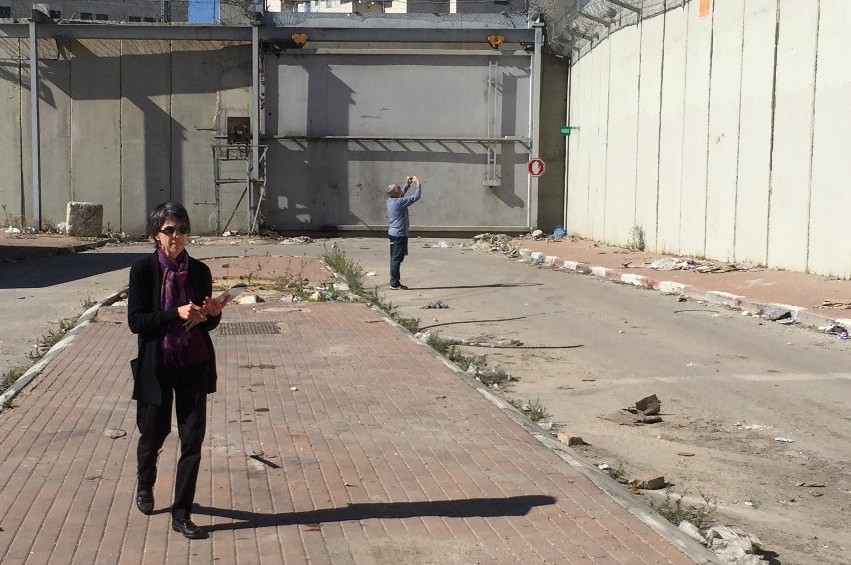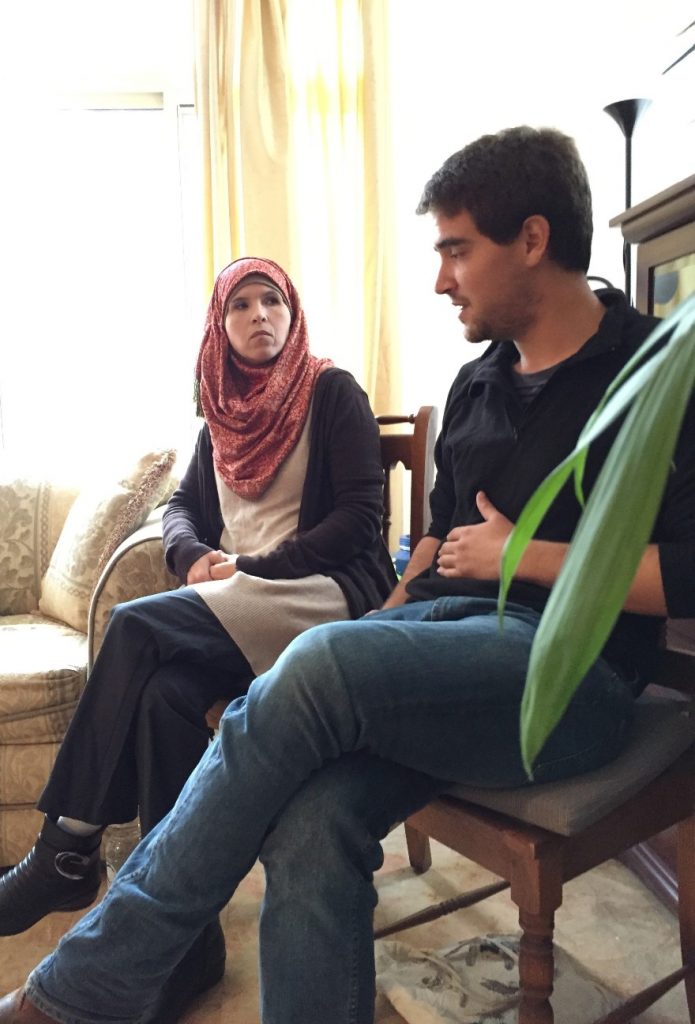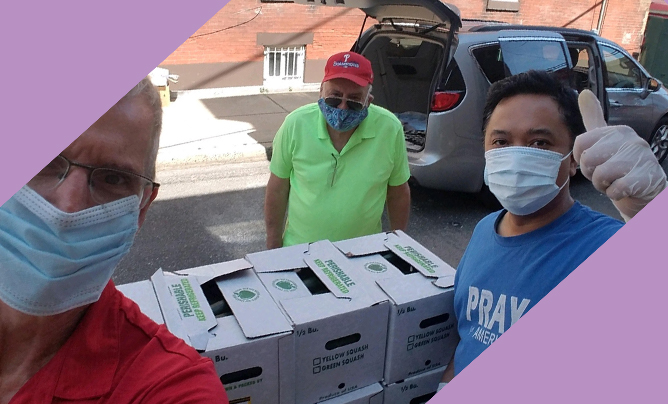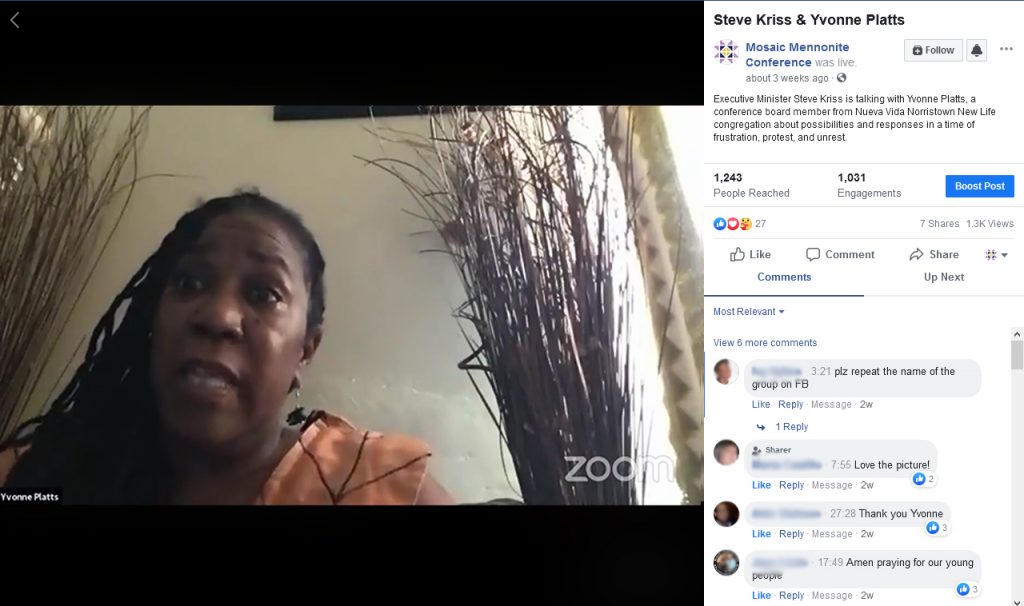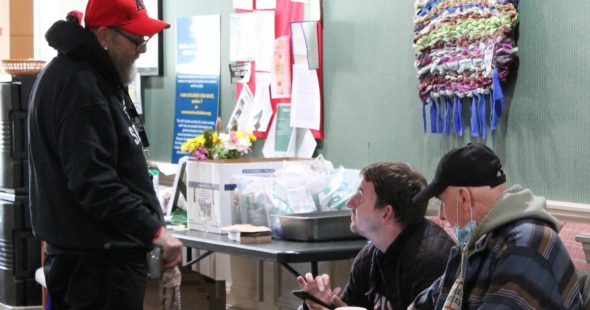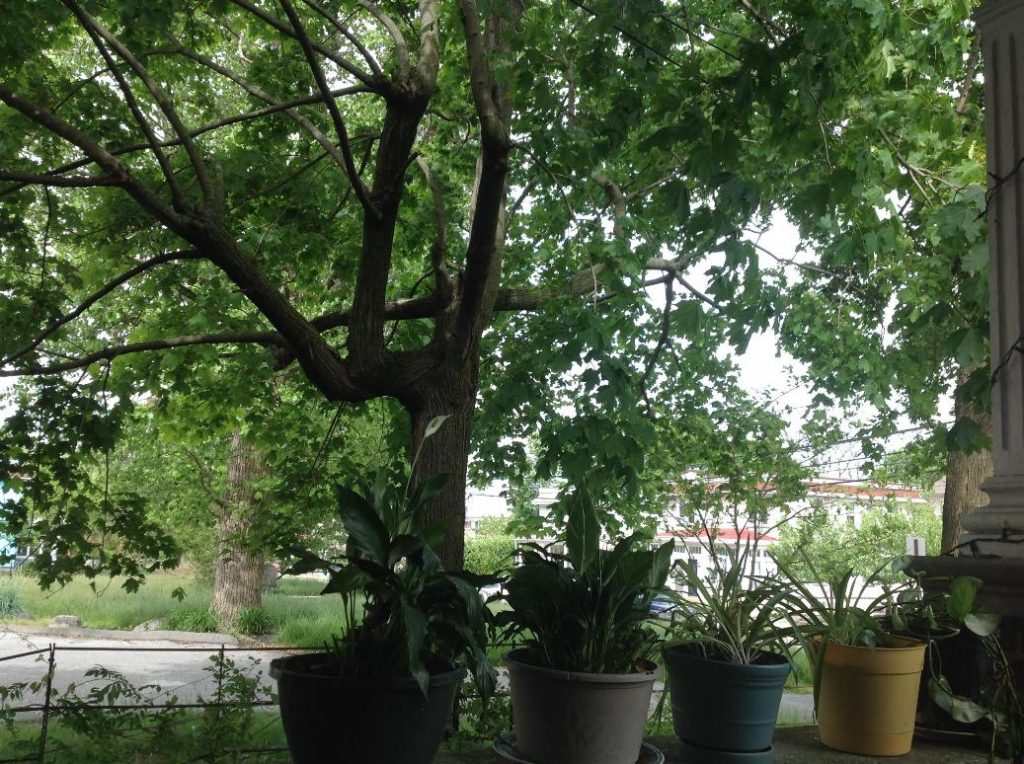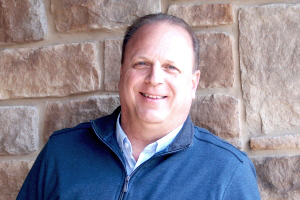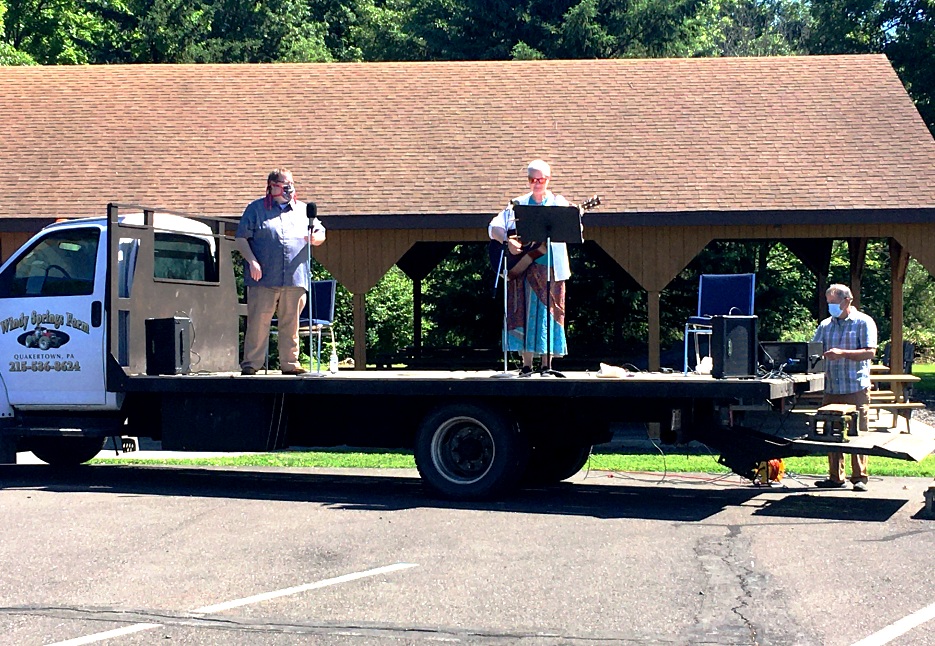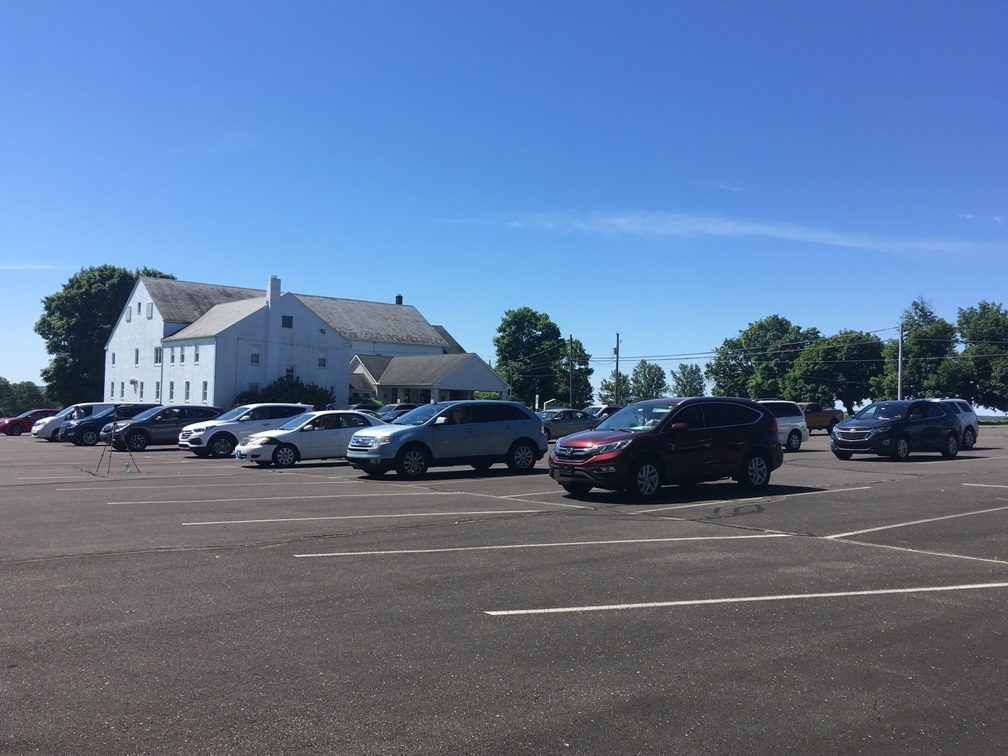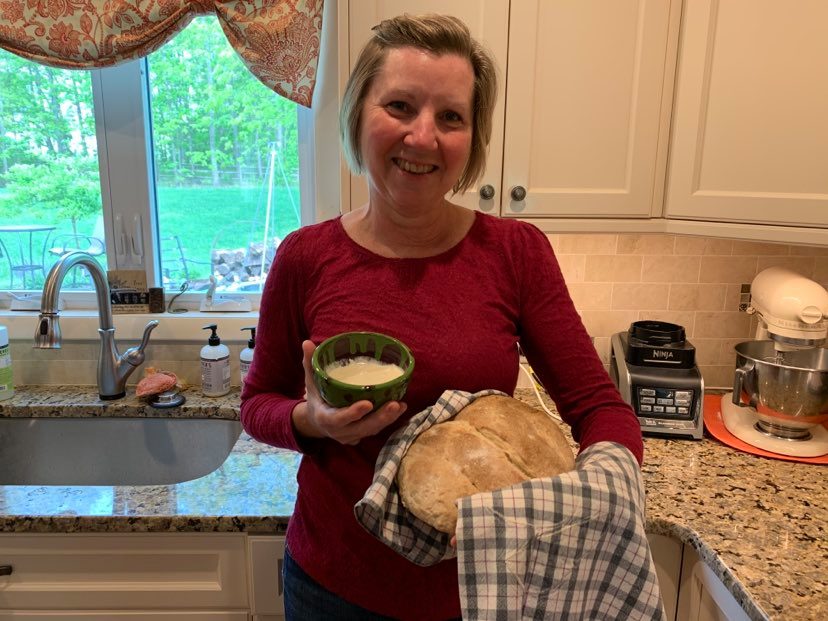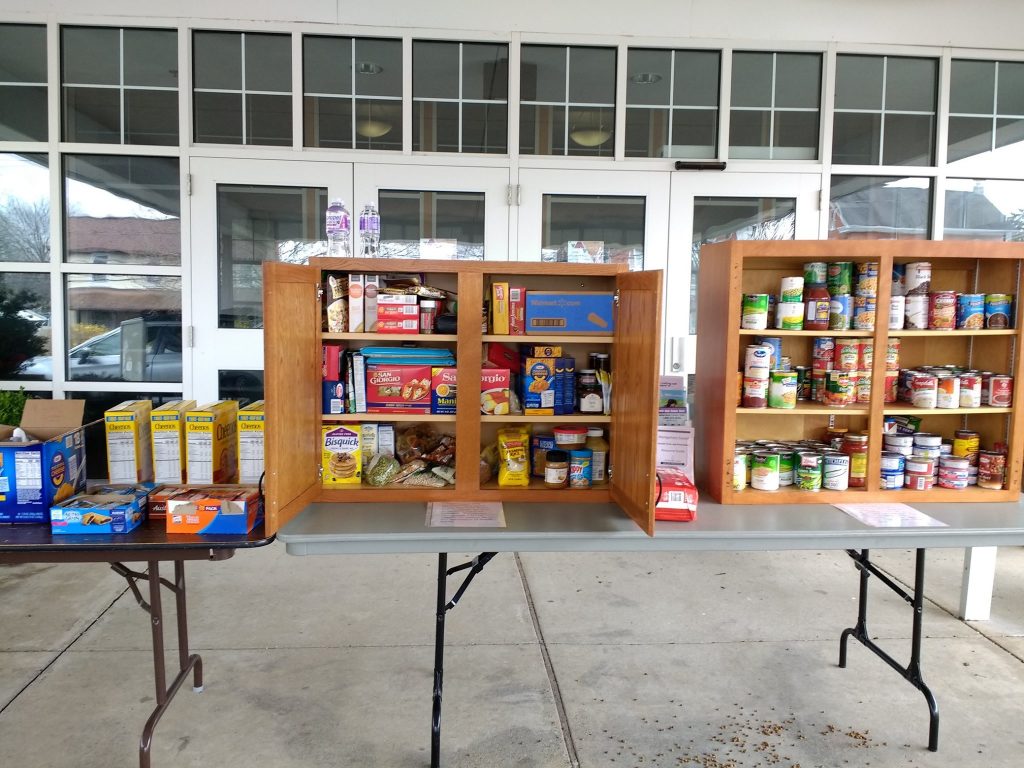By Kate Hockman, Deep Run East (Perkasie, PA) congregation
I am a teenager, but technology has never been my strong suit. Sure, I’m able to use simple programs like Google, YouTube, and Word. But when the quarantine began and almost everything moved into an online setting, I was not overly confident in my abilities.
That’s why I was skeptical when our church announced that we would transition to Sunday morning worship online. Soon after, our youth group began meeting virtually as well. Initially, I worried about silly things like my internet connection, delays, and glitches in the system. However, as time went on, I realized that meeting with my church and youth group online was one thing keeping me sane during my time of isolation.
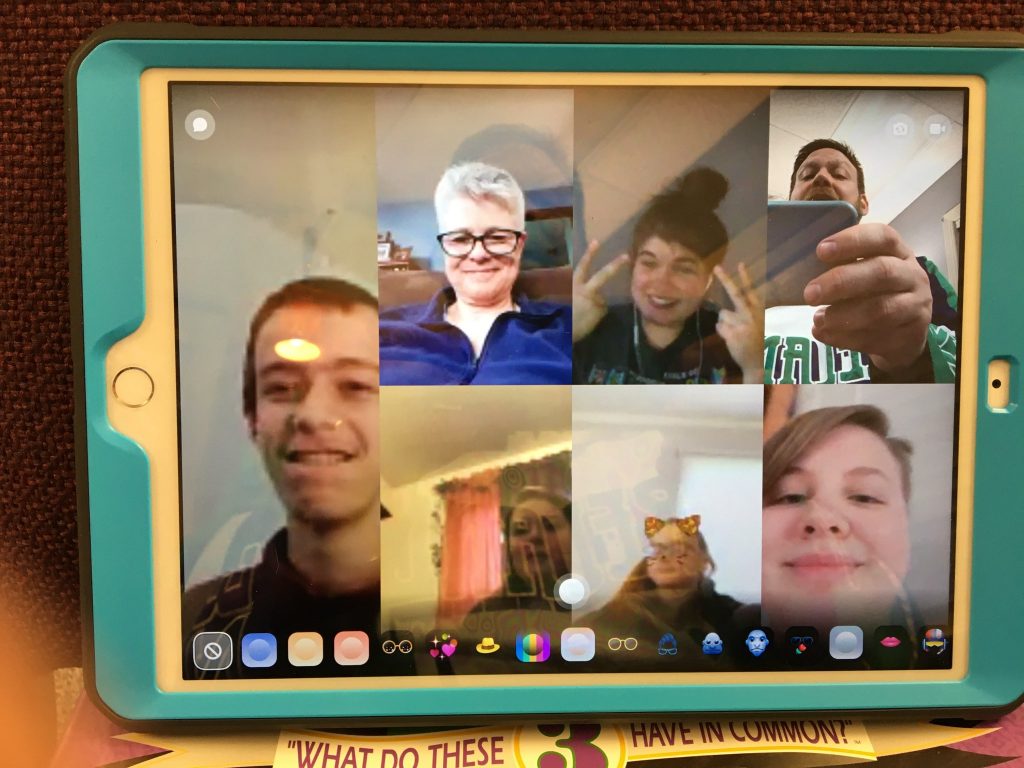
No one was expecting how drastically COVID-19 would change our lives a few months ago, and I doubt that many were prepared to adapt to the changes it presented. I have to commend our pastors and church for making online services run so smoothly during this troubling time.
My church (Deep Run East) used Facebook Live to meet as a congregation to worship on Sundays, so our church still met at 9:00am. While I missed meeting in person on Sundays, waking up a bit later and watching church in my pajamas with my family had its perks as well. I chose to look on the bright side and make the best of the situation we were in.
Participating in church on the TV was certainly different, but many things still stayed the same. We still sang all the same songs, we heard the same pastors preach, and we were still together through the live comments section. It was fun to watch what others would say during each church service, and I definitely enjoyed using and watching the comment section each week. It was nice to be able to interact with others during a church service.
Although I enjoyed virtual church on Sunday mornings, I still found myself counting down the days until Wednesday came and we could meet for Youth Group on Zoom. I can’t thank my youth pastor enough for setting up these zoom meetings, since being able to video chat with my friends and youth sponsors was the highlight of my week.
Often, we would discuss a lesson or devotional then afterwards play some sort of game, like Jackbox TV. These zoom sessions helped me forget about the world around me and my online school work for a while.
So while technology is not my strong suit and can be very frustrating, I was truly blessed to have it during my time of quarantining. Who knew we would thank God for Zoom a few months ago? Meeting online as a church and youth group was bizarre, but I still enjoyed every service. I felt just as close to God while isolating as I did in person.

